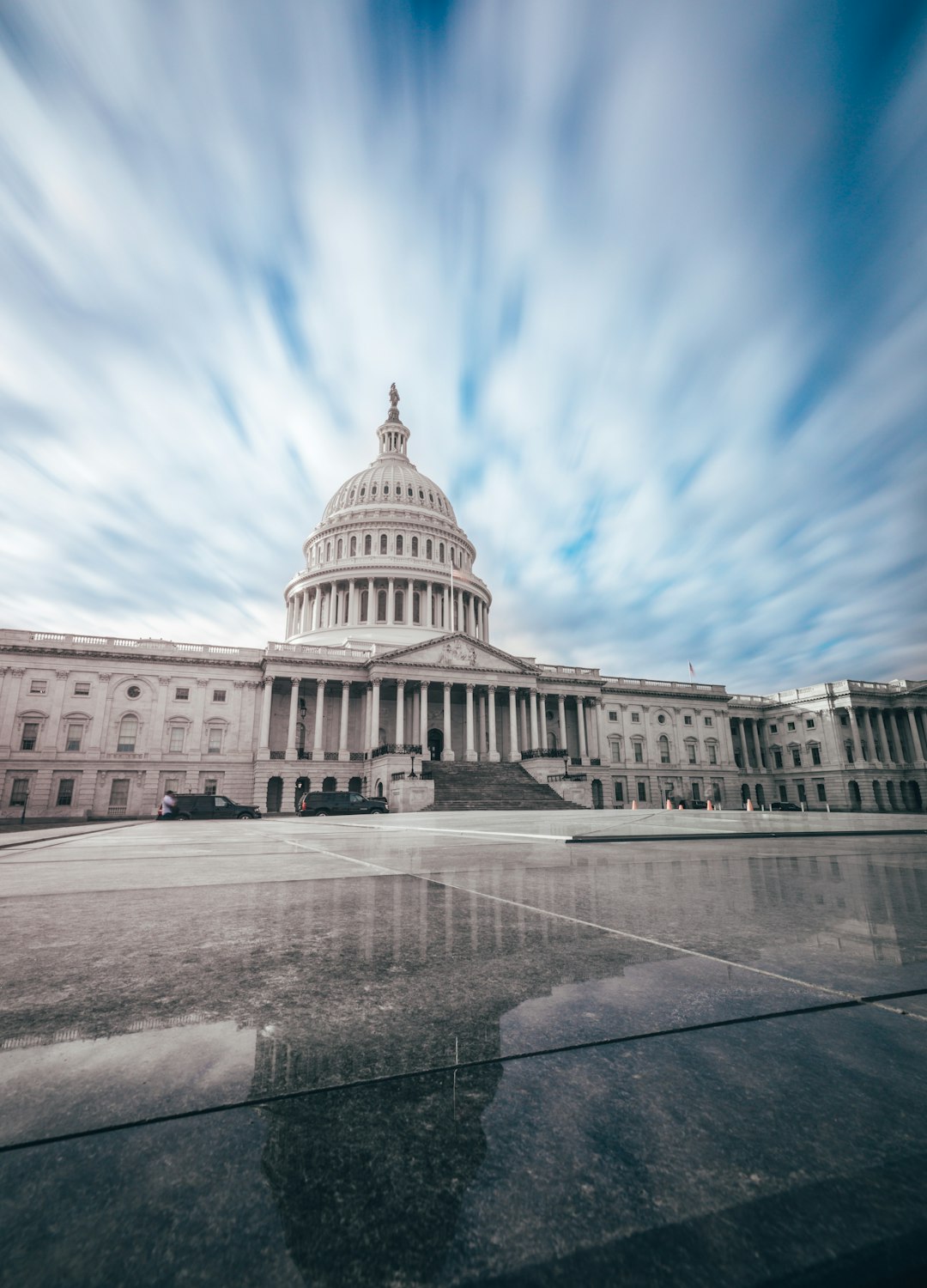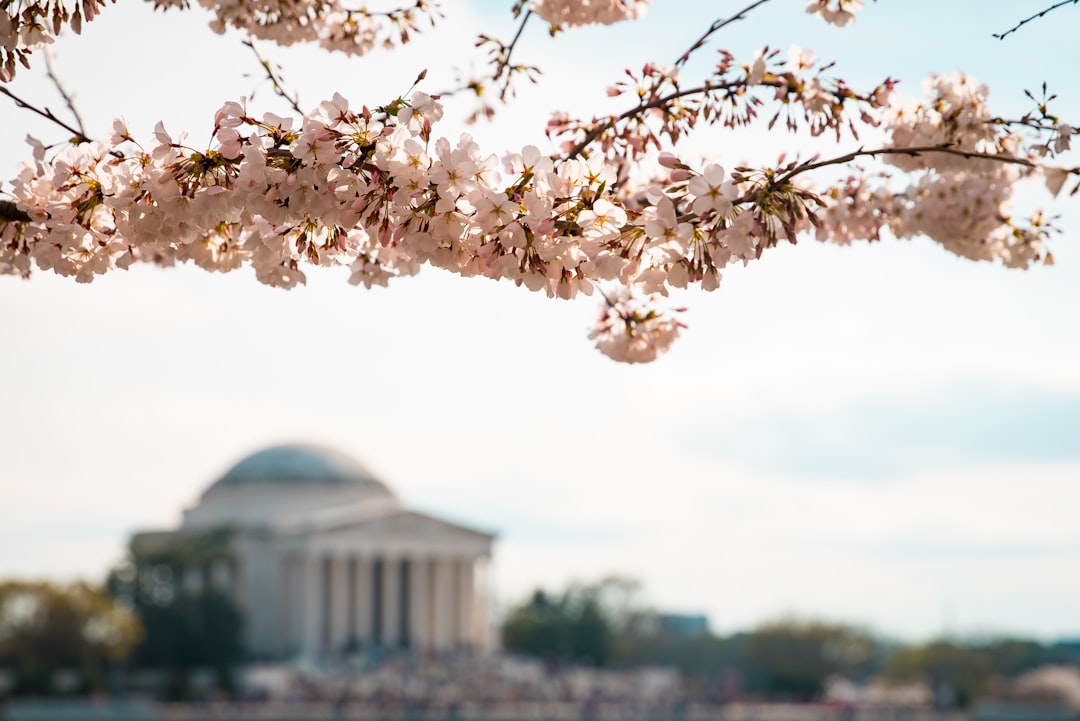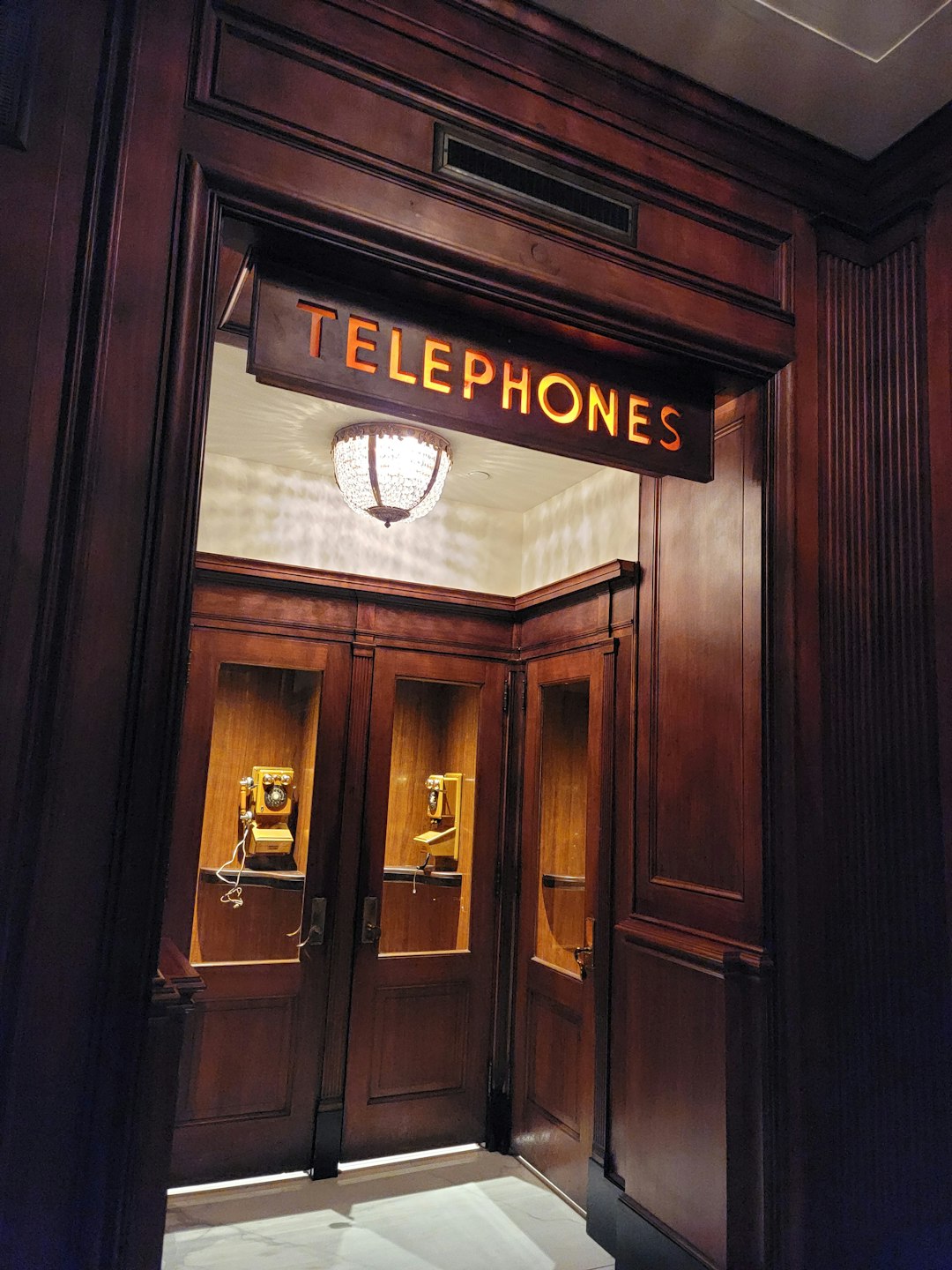Telemarketing in Washington state is heavily regulated to protect residents' privacy, with strict Do Not Call laws targeting lawyers and law firms. These rules empower residents to control unwanted calls from unrequested legal professionals, fostering a more respectful connection with those seeking legal assistance. While telemarketing drives economic growth, it can be intrusive; therefore, Washington offers robust protections like the Do Not Call list and legal remedies for violations. Individuals can register on the list and consult specialized lawyers (Do Not Call Lawyer/Attorney) in Washington to safeguard their privacy and understand their rights against persistent telemarketers.
In Washington, telemarketing plays a dual role in local communities. This article delves into the practices and their implications, presenting a balanced view of the positive and negative effects on residents. We explore how telemarketers target households, focusing on strategies to navigate the Do Not Call lists and legal protections available through Do Not Call Lawyer Washington, Do Not Call Attorney Washington, and Do Not Call Law Firm Washington. Understanding these dynamics empowers consumers to assert their privacy rights effectively.
Understanding Telemarketing Practices in Washington and Their Local Implications

Telemarketing practices in Washington state are subject to regulations aimed at protecting residents from unwanted phone calls. The Do Not Call laws, specifically targeting lawyers and law firms, have been implemented to give local communities control over their privacy. These rules restrict businesses, including legal services providers, from making telemarketing calls to residents who have registered on the state’s Do Not Call list. This initiative ensures that Washingtonians can enjoy peace of mind, free from persistent sales or promotional calls.
The implications of these practices are significant for local communities. It empowers individuals to exercise their right to privacy and block calls from law firms or attorneys they haven’t requested services from. Moreover, it fosters a sense of control over one’s personal information, preventing unwanted solicitations. For Washington residents seeking legal assistance, the Do Not Call regulations facilitate a more targeted and respectful approach when connecting with lawyers or law firms.
The Positive and Negative Effects on Communities: A Balanced Perspective

Telemarketing, while often seen as a nuisance, can have both positive and negative effects on local communities in Washington. On the one hand, it provides businesses with a direct means to reach potential clients, fostering economic growth and job creation within the region. Many small and medium-sized enterprises (SMEs) rely on telemarketing as a cost-effective marketing strategy, contributing to the vibrancy of Washington’s business landscape.
However, there are also downsides. Unwanted calls from telemarketers can be intrusive and disruptive, leading to increased frustration among residents, particularly those who frequently receive such calls. This is where regulations like the Do Not Call list come into play, allowing citizens in Washington to opt-out of unsolicited phone marketing. By balancing the benefits of economic stimulation against the need for consumer protection, communities in Washington can ensure telemarketing practices are both effective and respectful of local residents’ wishes.
Strategies for Consumers: Navigating Do Not Call Lists and Legal Protections in Washington

In Washington, consumers have powerful tools to protect themselves from unwanted telemarketing calls. One effective strategy is to register on the state’s Do Not Call list, which filters out most promotional calls. This list is free to join and offers significant relief from persistent telemarketers. Additionally, Washington law provides robust protections for residents. According to the Washington State Attorney General’s Office, consumers can file complaints against firms that violate Do Not Call rules, potentially leading to penalties and ceasing unwanted contact.
For added safeguarding, individuals should seek advice from a do not call lawyer or do not call attorney in Washington. Legal professionals specializing in this area can guide residents on navigating complex regulations and ensuring their rights are respected. They can also assist in taking proactive measures, such as sending cease-and-desist letters, which can deter telemarketers from further harassment. By combining these legal protections with list registration, Washington communities can better manage and minimize the impact of telemarketing.






